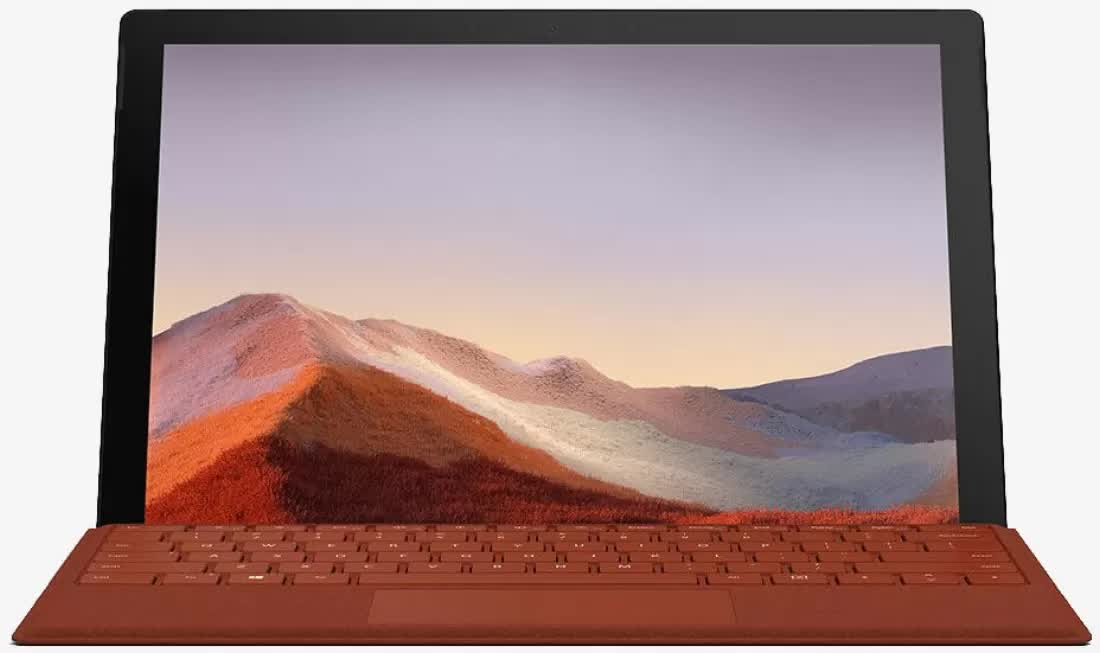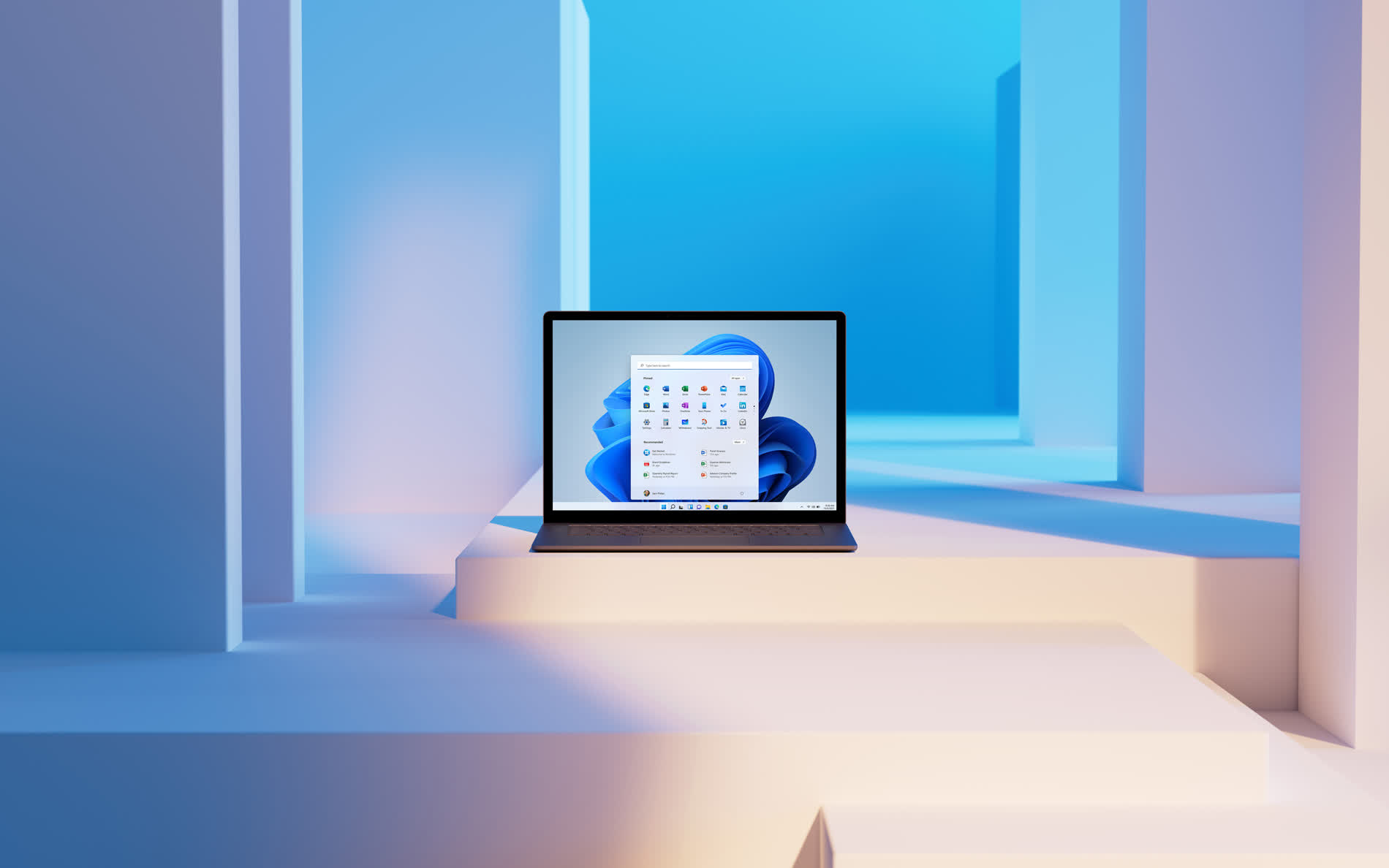What just happened? Microsoft's Windows 11 is nearly ready for the limelight. Redmond has announced that its next major operating system will arrive on October 5, 2021. On that day, the free upgrade to Windows 11 will start rolling out to eligible Windows 10 PCs and the first new PCs pre-installed with Windows 11 will be available to buy.
Of course, just because Windows 11 will be available on that day doesn't mean you'll necessarily receive it right out of the gate. Microsoft in revealing the date said the free upgrade path will be "phased and measured with a focus on quality."
Taking into account what they learned with Windows 11, Microsoft will make the upgrade available first to new eligible devices. Eventually, the upgrade will start rolling out to in-market devices based on "intelligence models" that consider things like hardware eligibility, reliability and the age of a device.
Microsoft expects all eligible devices to be offered the free upgrade by mid-2022.
Windows Update should automatically let you know when your system is eligible for upgrade, but you can always have a look by going to Settings > Windows Update and manually doing so.

In the event you are in need of a new computer, Microsoft has several suggestions that ship with Windows 10 now but will be compatible with the free upgrade when the time comes. Examples include the Acer Swift 5 (SF514-55), the Asus Zenbook Flip 13 OLED UX363, the Dell XPS 13 and of course, Microsoft's own Surface Pro 7, just to name a few. Presumably, these systems will be among the first to get the OS upgrade option.
Microsoft reiterates that for those who have a PC that won't upgrade, and aren't yet ready to buy a new device, Windows 10 is the right choice. The company recently said it will continue supporting Win 10 through October 14, 2025, so if you're running that OS and fit the aforementioned criteria, you've still got plenty of time to decide what you want to do next.
Microsoft recently reevaluated its hardware requirements for Windows 11 and added a few additional Intel CPUs to the list. Still, the whole situation is a bit confusing, especially if you want to install a fresh copy of Windows 11 without upgrading from Windows 10. That's possible (and on older hardware), but you'll have to use an ISO file for the install. Critically, Microsoft has said that such installs won't be entitled to Windows Updates and may also be banned from receiving security patches and driver updates.
If that is indeed the case, it'd be too much of a risk to run "unsupported" hardware long term as vulnerabilities and flaws are going to eventually be discovered. It seems Microsoft only wants such users to run Windows 11 long enough to get a taste of what it is all about, hopefully encouraging them to bite the bullet and splurge on a new system that is fully compatible with the new OS.
Microsoft has also confirmed that Android app support won't be available at launch. This new feature, in collaboration with Amazon and Intel, will first be offered to Windows Insiders in the coming months, we're told.
